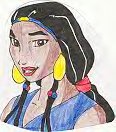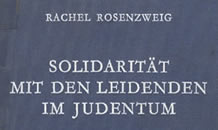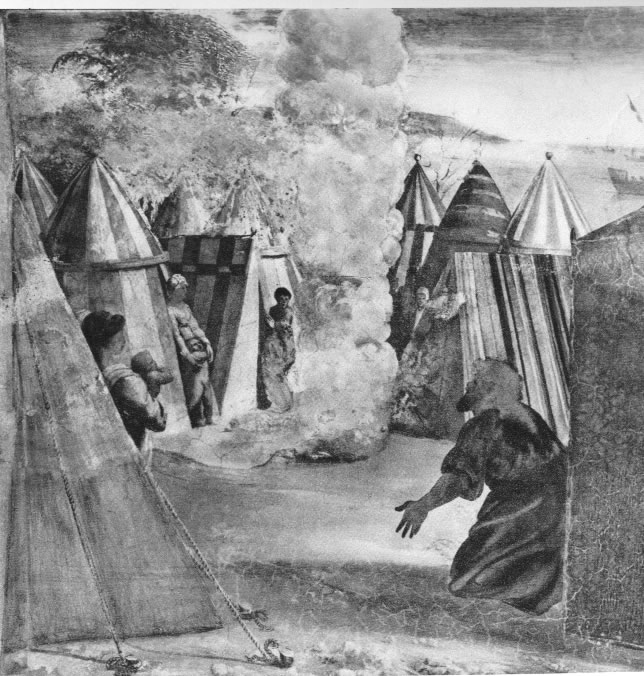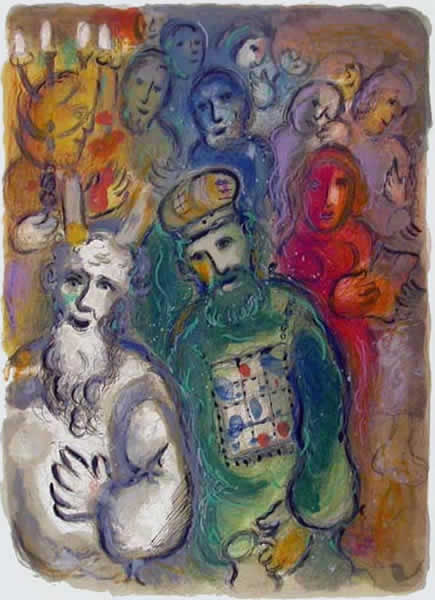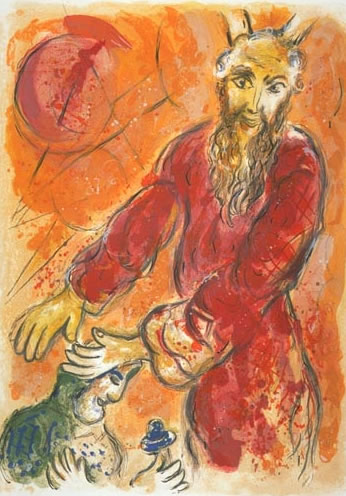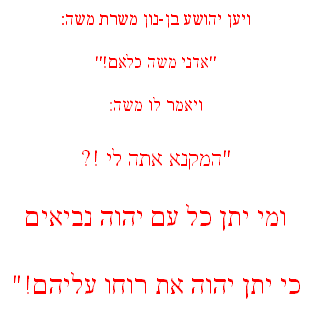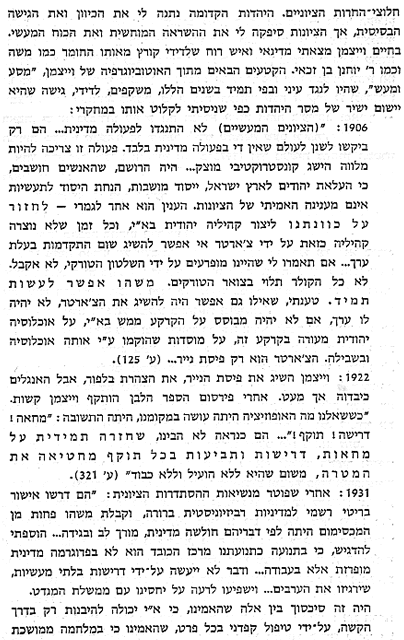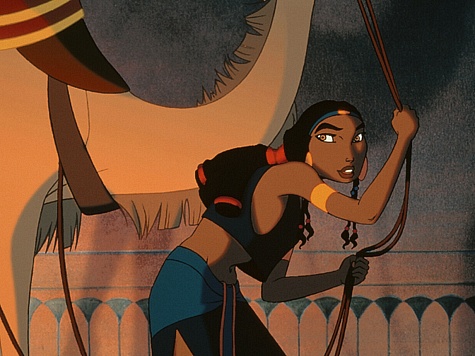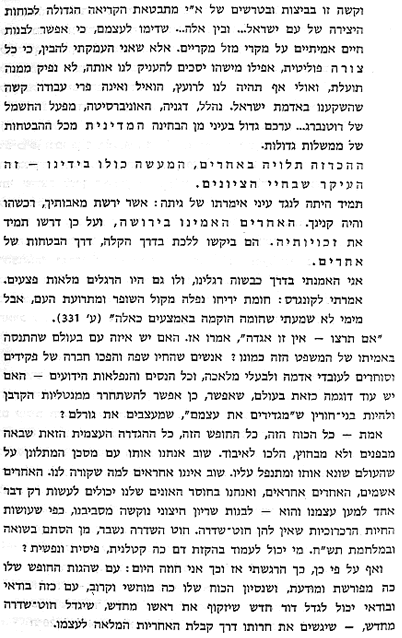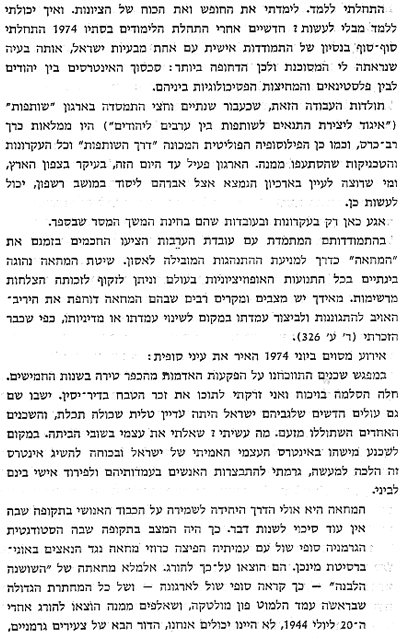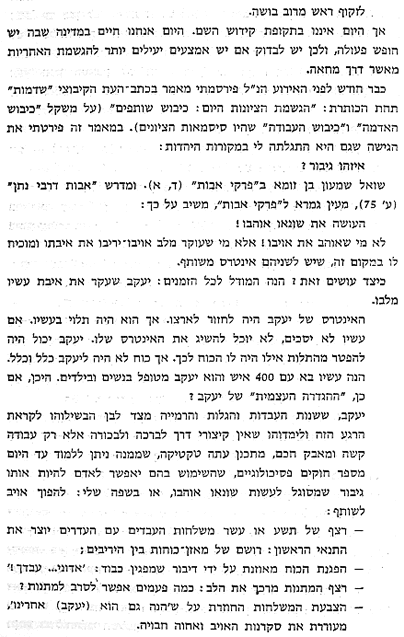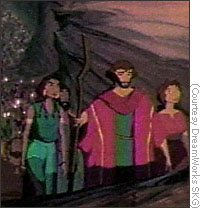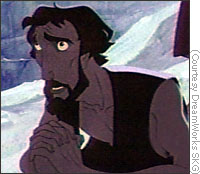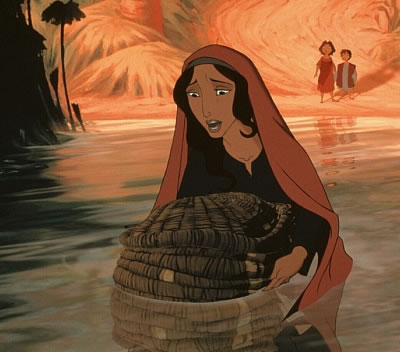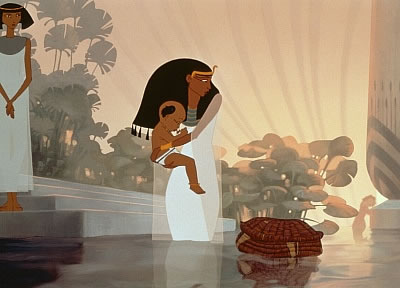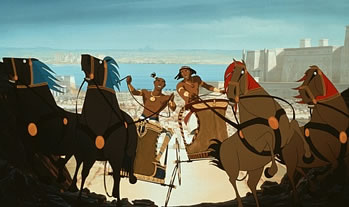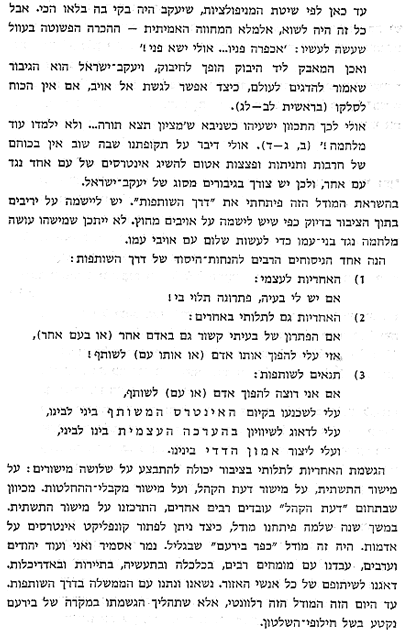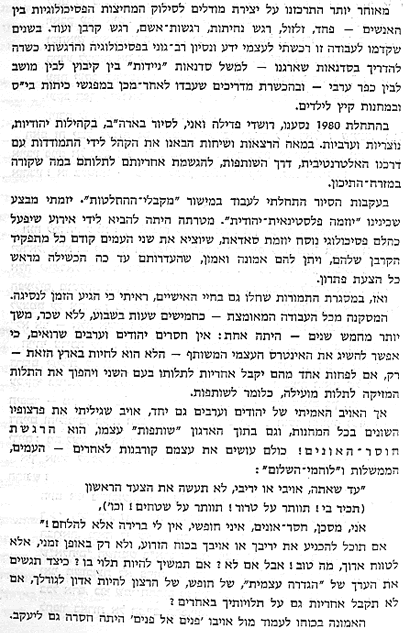Another
relevant post to the Web, Dec. 18, 1998
(CNN) - It's a cartoon of biblical proportions,
and the executive producer of
"The
Prince of Egypt"
has something in common
with the story's hero.
Just as Moses stood up to the Egyptians,
Jeffrey Katzenberg now is standing up
to his former employers,
the Walt Disney Company,
by launching DreamWorks'
first full-length animated feature.
The animated story of Moses
is Katzenberg's brainchild,
who chose Val Kilmer to voice the lead role.
In addition to lending his voice to Moses,
Kilmer does double-duty as God.
And if you know the story of Moses,
then you'll quickly realize
the implications of this duality.
Since Moses talks to God,
Kilmer talks to himself.
"The Prince of Egypt" will try
to attract
a wide demographic.
"Children will respond to this on a different level
than they normally respond
to animated movies,"
"They won't be entertained in the same way,
but it will make them curious."
"It's meant to be told to people,
little kids,
and old people,
because it has different levels of meaning,
depending on where you're at,"
But the Prince is not like the king --
"The Lion King," that is -- or "Aladdin,"
among Katzenberg's triumphs
before his falling out at Disney.
"It's trying to change 70 years of
perception
that an animated movie isn't a fairy tale
with dancing tea cups and ...funny camels,"
From another
post in CNN, Nov. 1998:
"When I saw
it
the wind was knocked out of me,"
says country singer... Wynona,
whose "Freedom" is featured
on the soundtrack.
"It was so beautiful and big.
I forgot it was animated
because it's brilliant and real-to-life.
This isn't anything I've seen before."
"Everybody that sat down
and watched this film,
whatever came to their heart,
they were able to write into a song
and sing it,"
"There's nothing an artist likes more
than being able to put their teeth
into singing something
that comes from the heart and soul."
